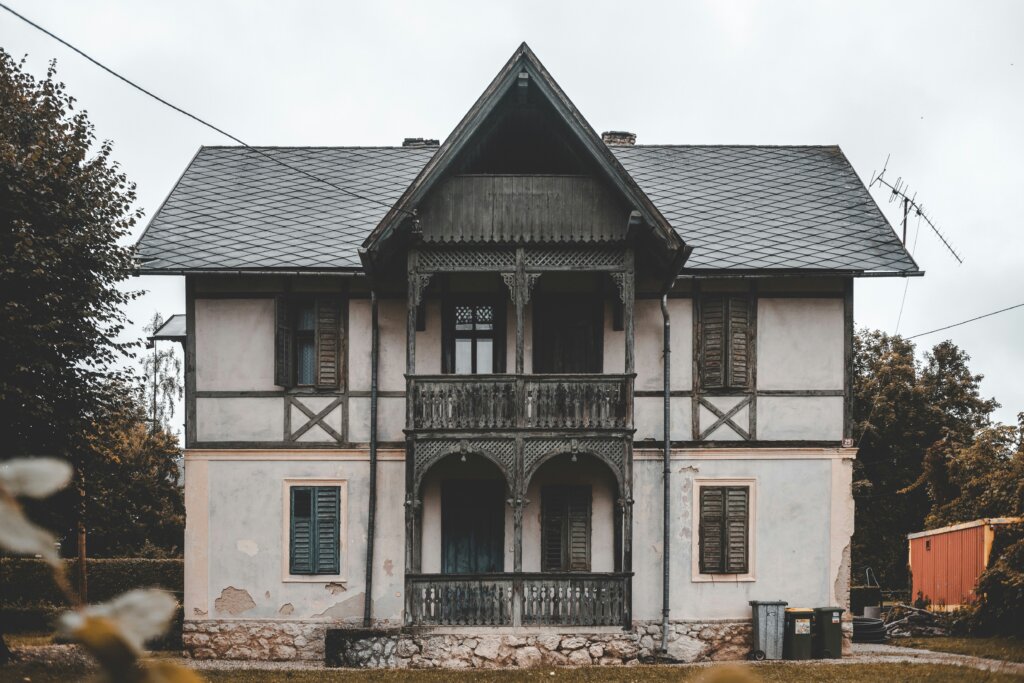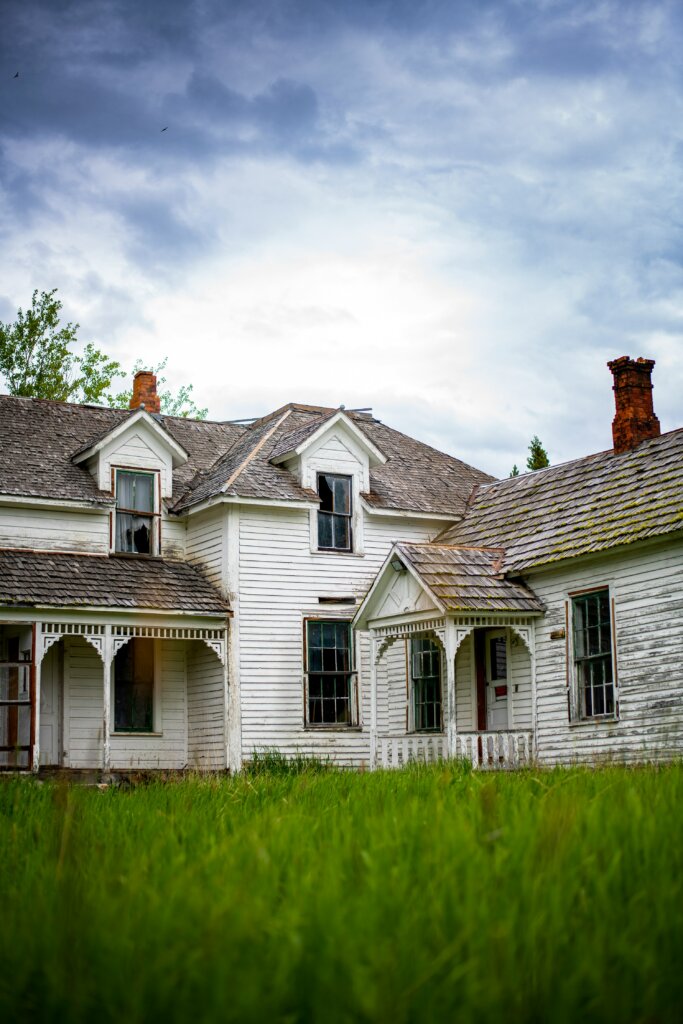Owning a home is a privilege that comes with many responsibilities. One of those responsibilities is taking care of the property so that it is safe for yourself or your tenants to live in. If the home falls short of this livable condition, your local municipality could classify it as a condemned property.
What Is a Condemned Property?

Condemned homes have been deemed unsafe or unusable by the local government according to local building codes. These properties have been declared uninhabitable and anyone who is living in them is forced to vacate the premises. A condemned building is not the same as an abandoned building, as many properties are considered abandoned but have not been determined to be condemned properties yet.
Who Determines That a Property Is Condemned?
Typically, a government agency is the primary entity that condemns houses. It could be a local town municipality, a county entity, or even the state government of Texas that deems the house uninhabitable. Either way, if your home is considered a condemned property, the government can have it demolished if the structural issues are not resolved. It is important to take action if you want to retain ownership of the condemned house or sell it to earn some cash.
Can I Report Condemned Properties?
You have the right to report a potentially condemned house if you notice that a property appears to be visibly unsafe or unlivable. This process helps owners maintain positive property values in their area, as the presence of condemned houses can quickly diminish the fair market value of the whole neighborhood. You will need to contact your local authorities to learn about the process for reporting a condemned building.
Grounds for Condemnation of a House
Condemned buildings are deemed unfit for human habitation or a danger to the surrounding community for various reasons:
- Extreme damage – Authorities can condemn houses because of extreme structural problems, for example, houses that have been severely impacted by natural disasters or are simply dilapidated.
- Construction problems – This refers to building code violations, including using unsafe building materials (for example, those containing asbestos and lead), and plumbing or electrical system issues that are considered safety hazards.
- Lack of utilities – A property without utilities like water, electricity, and sewer may also qualify for condemnation.
- Unsanitary living conditions – Severe hygiene issues are another reason the government may condemn a house. This also includes chemical pollution, homes of people with hoarding disorders, or homes used for drug production.
- Pest infestations – Houses with severe, untreated pest issues, such as termite damage or black mold infestation, are also considered threats to community health and safety.

Eminent Domain Condemnation
Eminent domain is the right of the government to take private property for public usage so long as just compensation is provided to the owners. For example, if a home is on land that is needed for a major roadway construction project, the government could condemn the house and pay the owner the fair market value to acquire it. Then the government would have ownership and be able to remove the building for the roadway if necessary.
The issue of eminent domain is covered in the 5th Amendment to the Constitution, which dictates that the government must offer fair compensation to the current owner to condemn the property and claim ownership of it.
What Happens to Condemned Houses?
If you have a property with a condemned status, it must be vacated until all violations are resolved. However, the public authorities will need to confirm that the property has been restored to code.
If you can rectify those safety concerns within the given timeframe of the condemnation process, the status can be removed. If, however, the housing code violations are too extensive or you do not have the money to pay for them, you will either lose ownership of the property after the statutory period or have to sell the building.
Can a Condemned Building Be Sold?
It is possible to sell your condemned home, but your options may be limited. Due to the status of such a property, it is unlikely that conventional home buyers will be interested, even with the help of a real estate agent. As a result, you will only be able to sell the home at a reduced price.
The best option is to sell the condemned home to cash buyers in Texas who will take it as-is. Other real estate investors or building contractors might also be interested in the home. A’List Properties closes deals very fast, so you can get the property off your hands well before the statutory period ends.
How Much Is a Condemned House Worth?
If you want to sell a condemned house, whether it needs a few basic repairs or has significant structural damage, you should expect to make less money on the deal. Fewer buyers will be interested in condemned houses because they require a lot of extra work to make them livable.
Although you will make less money as a property owner of a condemned house from the sale, you can get cash from the deal very quickly. Additionally, you won’t have to worry about making necessary repairs or cleaning up the property. Cash home buyers like A-List Properties will take your property as-is, even if the house is condemned. Contact the team at A-List today to find out about our process for buying houses fast for cash. Call (214) 617-1113 or fill out our contact form to get in touch.

Zach Shelley
Zach Shelley is a seasoned real estate investor with a diverse network spanning across the nation. As the founder of his own real estate venture, Zach is committed to offering innovative solutions to homeowners facing various real estate challenges.. Through his dedication and strategic approach, Zach continues to make a significant impact in the real estate industry, providing homeowners with alternative pathways to navigate their property transactions.
Other Articles
- How to Sell a Storm-Damaged House Fast in Texas
- Can You Sell a House With Old Wiring in Texas?
- How to Sell a House With Major Damage in Texas



